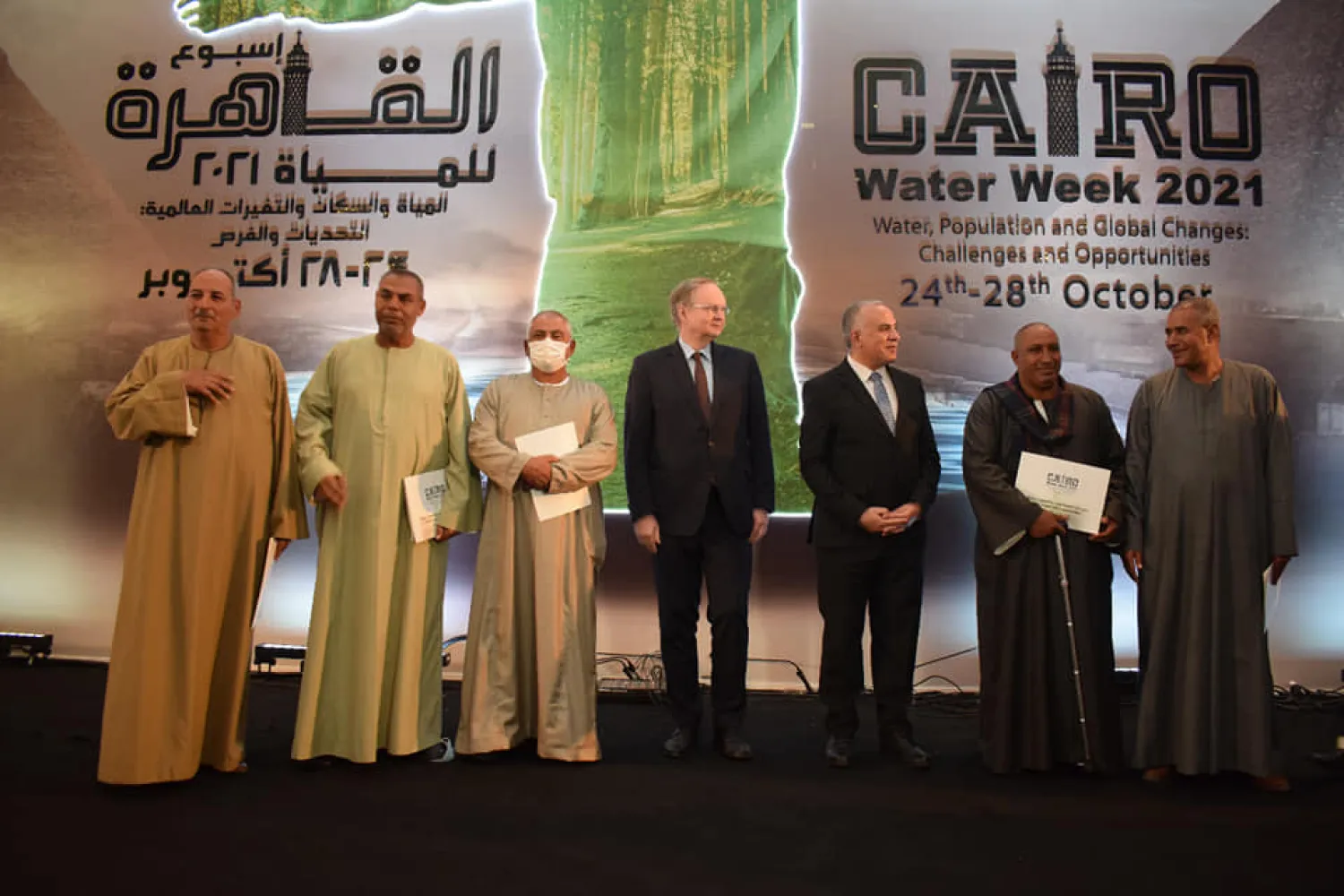Egypt called for bolstering political and diplomatic dialogue and technical cooperation in the field of managing shared water resources.
According to a cabinet statement, the 4th Cairo Water Week concluded on Friday and issued recommendations underscoring the importance of relying on smart techniques supported by information technology to improve water management effectively.
It further stressed the need to expand the use of remote sensing techniques, which help in obtaining data at the lowest cost possible, and digitize the water sector.
It is essential to address the factors affecting the future of the water sector (namely, population increase and climate change), while prioritizing this sector, being the most affected by climate change, and placing it at the top of the international agendas, the statement read.
Meanwhile, talks between Egypt, Sudan and Ethiopia over the operation and filling of the Grand Ethiopian Renaissance Dam (GERD) have once again faltered.
Cairo and Khartoum demand that the three countries reach a legally binding agreement to fill and operate the dam and fear the dam’s impact on their water shares.
In mid-September, the UN Security Council called on Egypt, Sudan and Ethiopia to resume negotiations under the auspices of the African Union, stressing the need to reach a binding agreement on the filling and operation of the mega dam within a “reasonable timetable.”
The European Union had on Thursday called on the three countries to return to the GERD negotiations.









